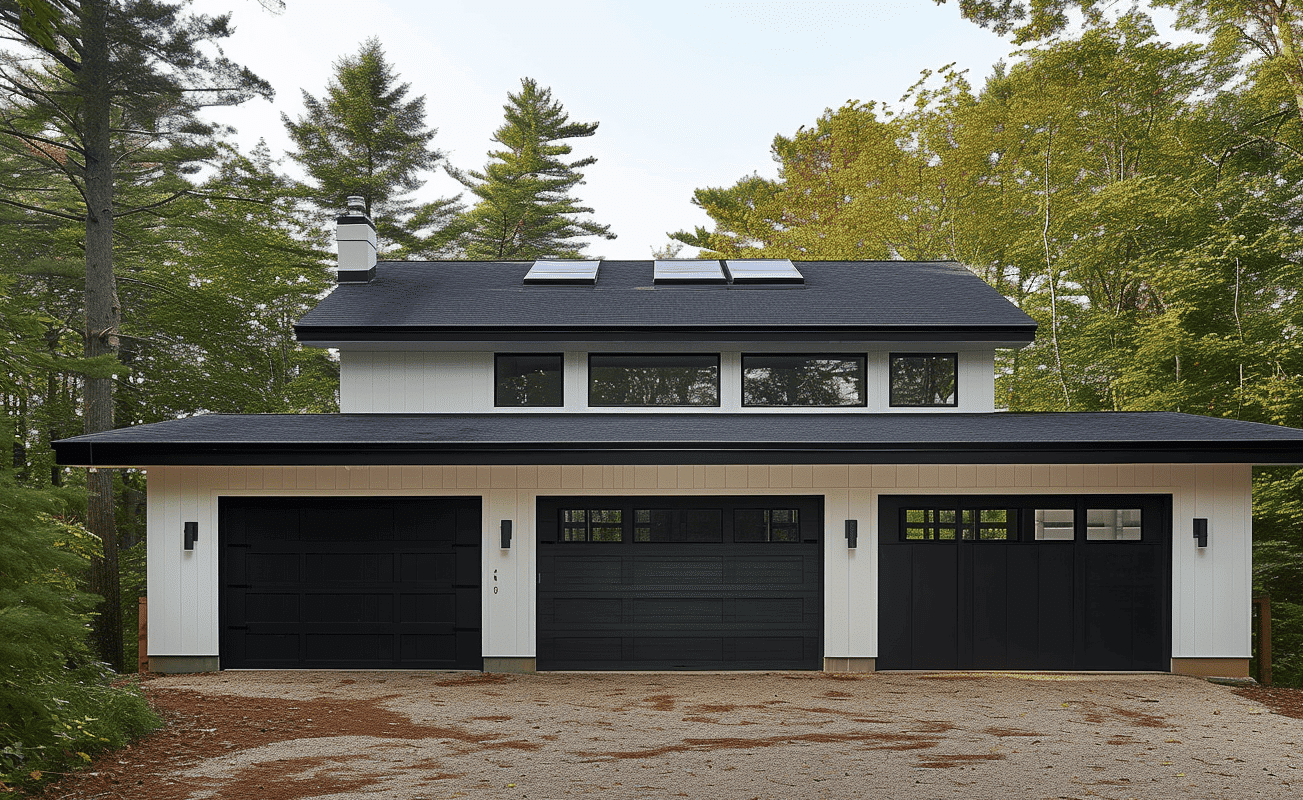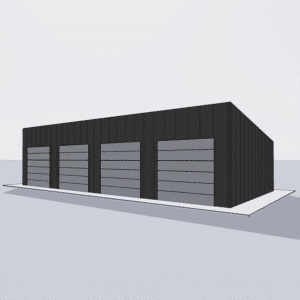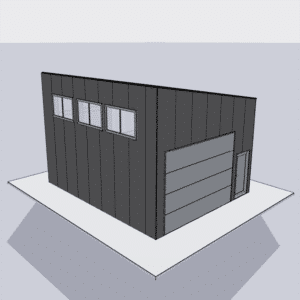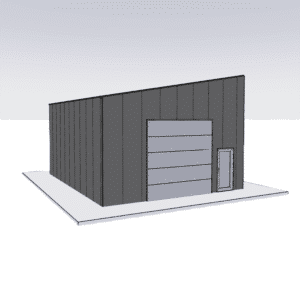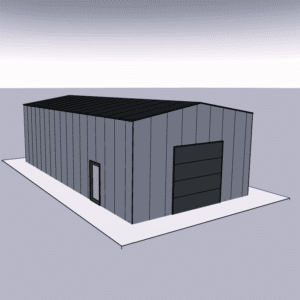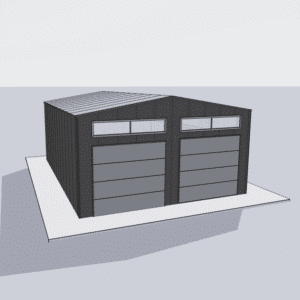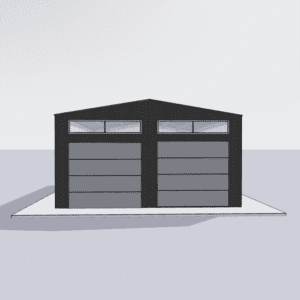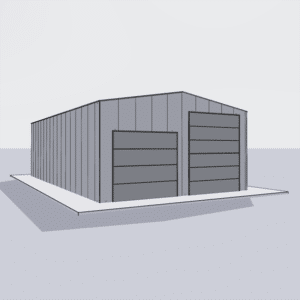How much does a garage kit weigh? This question might seem straightforward at first glance, but delving deeper reveals layers of complexity depending on various factors. Whether you’re a DIY enthusiast planning to add a structure to your property or a professional contractor looking to expand your knowledge, understanding the weight of a garage kit is crucial for transportation, installation, and foundational considerations. Join us as we demystify the factors affecting a garage kit’s weight and provide insights into choosing the right garage kit for your needs.
Factors Affecting the Weight of a Garage Kit
When venturing into the world of garage kits, several elements directly influence the weight you’ll contend with. Let’s dissect these components:
1. Material Composition
A primary factor dictating the weight of a garage kit is its material. Common materials include metal, wood, and composite materials. Metal garages, for instance, tend to be heavier than their wooden counterparts, depending on the metal gauge used.
2. Size and Design
Size does matter! A simplistic truth is that larger garages weigh more due to the amount of material required. However, the design intricacies can also influence weight. Detailed designs with extra supports or a unique roof style might add weight.
3. Custom Features and Add-ons
Customization is king when it comes to personalizing Toronto’s or Vancouver’s urban and suburban aesthetics. Custom garage kits Ontario offer a plethora of add-ons that, while enhancing utility and aesthetics, also contribute to the kit’s total weight.
4. Packaging and Shipping Elements
Beyond the raw materials, consider the weight of the packaging materials used to ensure the kit’s safety during transportation, which can add a surprising amount to the total load.
Estimated Weight Ranges for Different Garage Kits
As a rule of thumb, smaller single-car garage kits often weigh less than more comprehensive setups. Here’s a rough guide to give you a clearer picture:
Small Single-Car Metal Garage Kits
These can weigh anywhere from 1,000 to 2,500 pounds, depending on the materials and design details. While considered manageable, they do require precise transportation arrangements due to their heft.
Larger Multi-Car or Workshop Kits
Larger kits used for housing multiple vehicles or serving as workshops can push the weight limit significantly, often ranging from 2,500 to 5,000 pounds or more. Packing all that steel and additional features will mean significant weight considerations during shipping and assembly.
Specialty Customized Kits
Unique kits with extensive customization and features naturally weigh more as they incorporate additional structural reinforcements and aesthetic enhancements. Their weight can easily exceed typical metrics associated with standard designs.

Why Understanding Weight is Vital for Installation and Budgeting
Foundation Requirements
The heavier the garage structure, the more robust the foundation needs to be. This can significantly affect your decisions, especially concerning budgeting for additional materials like concrete or reinforced foundations.
Transportation Logistics
Weight influences transportation logistics—from fuel consumption, the type of vehicle required, to the spatial arrangements needed. Understanding the weight will help avoid surprises and allow for better planning.
Installation Feasibility
The dynamics of installation, whether considering a DIY approach or employing a contractor, shift based on the garage kit’s weight. Heavier kits might necessitate specialized machinery or additional labor during assembly.
Factors Influencing the Weight Tolerance of Finished Garage Structures
The weight of a garage kit contributes not just to the physical effort of assembly, it also impacts the functionality and capacity of the finished structure:
1. Load-bearing Capacity
A crucial implication of the kit weight is how much additional load (vehicles, machinery, storage) the completed garage can bear safely.
2. Structural Durability and Safety
The inherent weight of the materials contributes to structural strength and overall safety, ensuring resilience against Canada’s diverse climatic challenges.
3. Longevity and Maintenance
Heavier kits often imply thicker, more durable materials, translating into less frequent maintenance and repairs over time—an essential consideration for long-standing economic efficiency.
Final Thoughts: Choosing the Right Garage Kit
Investing in a garage kit is a decision that blends functionality with aesthetic value, and understanding the weight of these kits can arm you with necessary insights for a successful purchase.
For those headquartered in Canada and looking to make an informed decision, collaborating with experts like Your Building Team can offer nuanced advice. Whether curious about how much does a 40 x 80 garage kit cost or delving into garage weight specifics, expert guidance will streamline your decision-making process.
In conclusion, knowing “how much does a garage kit weigh” is a gateway to understanding foundation needs, transportation logistics, installation plans, and the kit’s ultimate utility. By prioritizing weight and all its related considerations, you’ll ensure that your chosen garage serves as a robust, long-term asset tailored perfectly to your needs.

